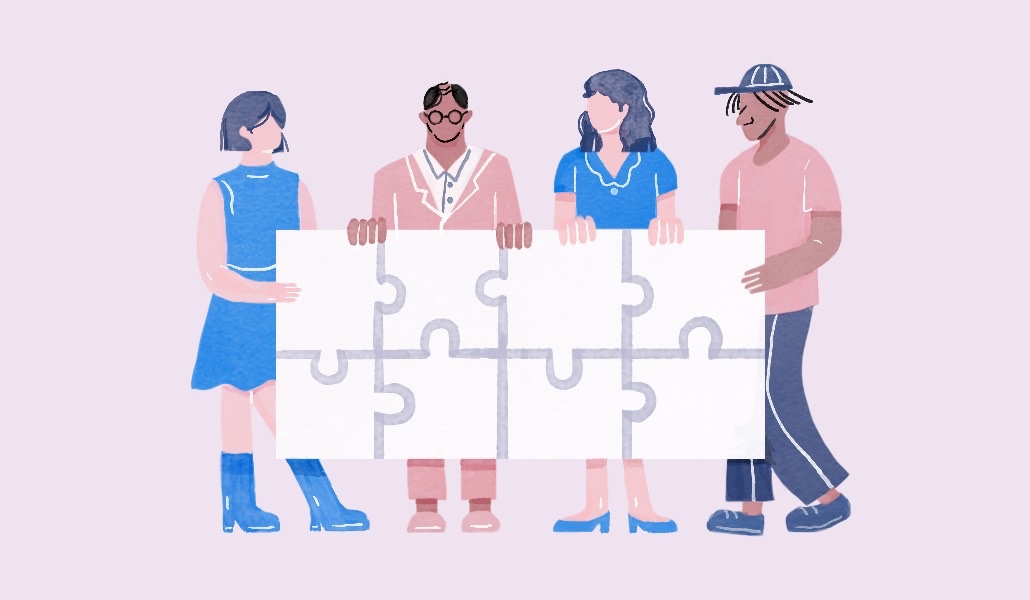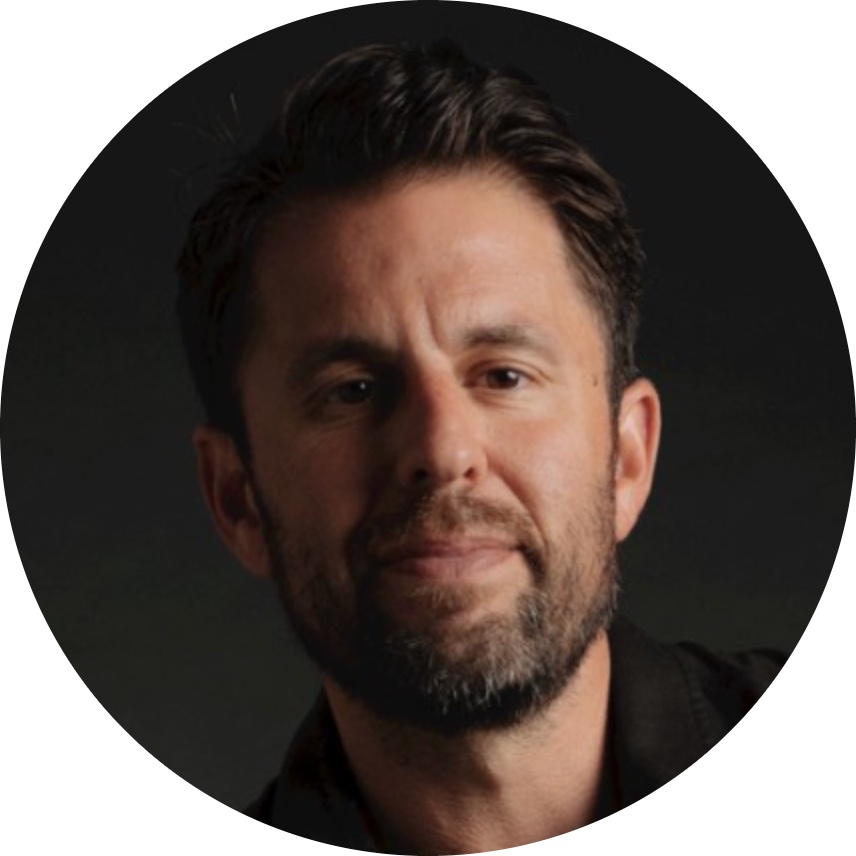Calling in sick because of the Super Bowl? Here’s what your boss has to say about it

If you are one of the nearly 20 million people who plan to call in sick with a “Super Bowl hangover” today, you might want to rethink it.
“If employees are missing work unexpectedly or ‘ghosting’ their employer on Super Bowl Monday, there’s likely a larger issue at play — the situation is often bigger than just an employee missing one day, and organizations need to invest in getting at the root cause of the issue,” said Jarik Conrad, executive director of the Workforce Institute at the HR and workforce management service UKG, which estimates that one in five workers in the U.S. are expected to miss some part of work the day after the year’s biggest sports event.
Managers should consistently model the behavior they want to see from their people, which means it’s on them to proactively bring up the cultural and life events that can impact work, Conrad added.
In its survey, one-third of respondents told UKG they’re uncomfortable asking their boss for time off because of the Super Bowl, so the onus is on the manager to stay a step ahead and address unofficial holidays like this in advance, according to Conrad. That will help organizations avoid being blindsided by unexpected issues on Monday morning, or worse, when someone misses a Sunday night shift to watch the game.
Missing work the day after the Super Bowl is such a phenomenon that lawmakers in Tennessee are trying to make it an official state holiday.
As a financial adviser and the business coordinator of a nonprofit, Brian Aird has heard his share of excuses from employees who develop a sudden, mysterious ailment the day after the game, or who claim they had to spend the night in the doggy ER. Most bosses are savvy enough to understand a handful of people will miss work because of the Super Bowl, so they tend to overlook employees’ little white lies, Aird suggested.
Aird’s own policy is that employees who miss work must call and talk to him directly or leave a voicemail prior to the start of the workday. (He noted many of those messages tend to be punctuated by a cough or two. Some performances are more Oscar-worthy than others.)
Jessica Kriegel, chief scientist of workplace culture at the business consultancy Culture Partners, says employers might think of post-Super Bowl sickouts the same way many view “hush trips” — that is, an employee traveling somewhere to work for a few weeks and not telling the boss. “The natural, fear-driven management approach to employee issues is to corral or control them, but you don’t necessarily need to do that,” she said.
If football and gathering with family or neighbors for the game is important to someone and if they don’t have any urgent client meetings or deliverables the next day, then by all means, let them come in late or work from home the day after, she advised. “Show that you trust them to get their work done in a timely fashion, even if the game goes into multiple overtimes,” she said. Then, if an employee is a no-show, you are entitled to have a frank discussion with them.
For her part, Tara Furiani, a former chief people officer and now a podcaster who bills herself as “Not the HR Lady,” believes how people use their sick time is a personal matter and not up to an employer to question, “whether you’re using it for a hangover or a heart attack.”
Those who work in advertising are especially apt to tie one on during an event where their work is so on display and celebrated by millions. “The Super Bowl is sort of like advertising’s, well, Super Bowl. As such, there’s a lot of pent-up angst and excitement in anticipation of such a big day — and we all know what comes right after any big day: You run completely out of gas,” said Garrett Garcia, president of the agency PPK.
Garcia supposes the day after the game is the one day of the year the ad industry gets a sort of “free pass” when it comes to lame excuses for calling in sick. That said, he has this word of advice for newcomers to the business: When Monday morning rolls around and you’re nursing that hangover, just try to come up with something a little more original than “I think I got food poisoning from the dip at the party I was at last night.”
The issue of employees ditching work can be avoided altogether if the employer joins in the party — or for that matter, if they throw a party. Take the PR firm Powell Communications, which hosts a virtual Super Bowl viewing party, then gives all its employees a bonus PTO day that can be used anytime, including the day after.
As Rebecca Roberts, director of client services at Powell, put it, “We work with a lot of advertising clients and the big game is a big deal for us, too.”


